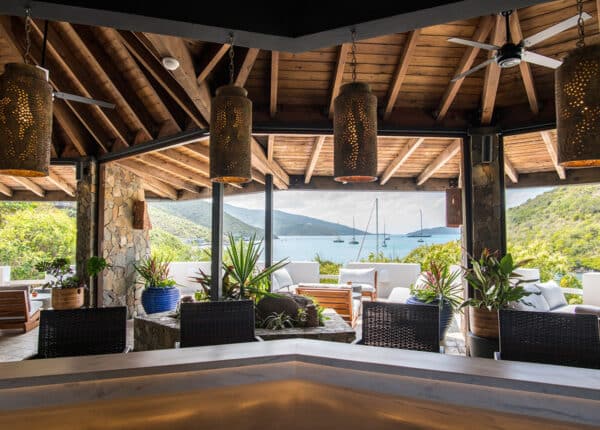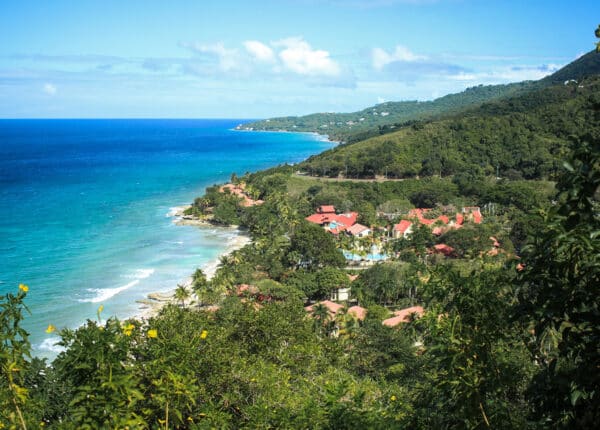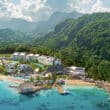Jamaica’s growth problem
By Dennis Chung
CJ Contributor
SINCE the early 1970s, Jamaica has suffered from an anaemic growth rate of less than one per cent per annum. This despite many prescriptions and attempts by various governments, and promises by politicians, as to what needs to be done for growth to happen.
Once again we are in the season where many prescriptions will be made, and many discussions will take place on this elusive growth and how to achieve it. Once again there will be many recommendations, from both sides, that government should increase spending in order to boost growth in the economy. Much of this has been done in the past but really to no avail because we have not managed to achieve the elusive growth despite billions of taxpayers’ money being spent
One reality that we must start to confront is that sustainable growth cannot be done by the public sector. In the past we have become used to a situation where we expect that government can drive sustainable growth. But that shows a lack of understanding of how to achieve sustainable growth.
Sure, government can put projects in place that can create a stimulus for growth, as most governments will do when a country is in recession — as espoused by economist Maynard Keynes. But real sustainable growth comes from private sector development, especially when there is vibrant SME activity.
This is a significant philosophical problem we have had and in many respects continue to have. And this has guided policy in the wrong direction. So instead of encouraging competition and SME development, the policies implemented by various governments have caused greater public sector involvement, which effectively kills a competitive environment.
Gridlock
So we have created a bureaucratic structure to involve government in every aspect of business and personal life. And if that is not enough, we have created gridlock in the government processes by implementing a procurement process and culture that assumes that everyone is guilty until proven innocent — which is in many respects perpetuated by a “gossip” culture.
The result is that businesses, and particularly SMEs, become inefficient. Bureaucracy is one of the major inhibitors to doing business in Jamaica, as reported by the Doing Business report for many years.
Also, because of the welfare politics that we have practised for as long as I can remember, we have also created an unproductive labour force. The result is that labour productivity has consistently declined in Jamaica since the 1970s.
It is this practice by our political system that has in my view resulted in the persistent poverty of our labour force as, instead of teaching people to fish, we continued to give them a fish. The irony is that our ability to give the fish has got less and less — to the point where the state is not capable of doing so anymore. The result is a significant part of our labour force finds it difficult to fend for themselves in any meaningful way.
So the biggest risk we face to economic growth and development today is the state of our labour force. Even if the economy grows 100 per cent per annum, because many in the labour force are not equipped to be high-value producers and earners, they will not benefit.
Organisations like HEART must have a national mandate to retrain our labour force with much needed vocational skills for a successful logistics environment, for example. If we fail to retain the labour force, then we will only have growth without any real social development.
Fiscal policy has never really been engaged in facilitating a more friendly business environment, but rather has been primarily focused on raising revenues to feed the voracious appetite of government welfare programmes. The problem with this is that what we have been doing is transferring, through fiscal policy, productive funds to unproductive uses.
In fact since 2004, of all the tax measures put in place, only one has achieved the revenue targets. This has served to cause inflation because the fiscal policy effectively reduces productivity.
IMF programme
So far this year it seems as if the tax measures will be met. I am hopeful that they will be, and I remain optimistic about the positive changes from the economic and fiscal programme. I say this because the IMF programme we are under represents the first time I am aware that we have sought to tackle the legislative issues that have hampered a competitive business environment. And it is the first time I can remember where we are seeing all the macroeconomic indicators trending in the right direction.
One question though is, why have we not seen the exchange rate stop moving, even though the balance of payments is improving? The reason for that is because even though the legislative and fiscal changes made are positive, the fact is that some fundamental structural issues exist which we have not dealt with as yet. Because of this there is still a strain on productivity issues, as evidenced by falling exports.
The next step therefore must be to make the necessary structural shifts that will complement the legislative and fiscal reform process. That process must continue, but is not sufficient for growth.
In this regard we must address the issue of public sector transformation, not just from the point of view of the wage bill, but more importantly on how we can make bureaucracy more productive and supportive of businesses.
In other words, how do we change the culture?
We must also ensure that fiscal policy is not just geared towards getting more revenue for government, but rather look at the bigger picture — of facilitating a better business environment to encourage more economic activity and to lead to a lower tax rate with increased revenues.
Until we fix these structural issues, growth will remain elusive to us, and we will forever be surviving with an average of one per cent growth.
This takes collaboration between the private and public sector, which I must say has improved significantly and is moving in the right direction — but much more needs to be done.
Dennis Chung is a chartered accountant and is currently Vice President of the Institute of Chartered Accountants of Jamaica. He has written two books: Charting Jamaica’s Economic and Social Development – 2009; and Achieving Life’s Equilibrium – balancing health, wealth, and happiness for optimal living – 2012. Both books are available at Amazon in both digital and paperback format. His blog isdcjottings.blogspot.com. He can be reached at drachung@gmail.com.







